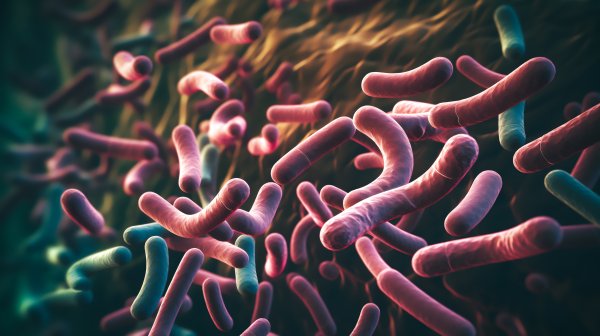
Alteration of the gut microbiota through diet and environmental contaminants may disturb physiological homeostasis, leading to various diseases including obesity and type 2 diabetes. Since most exposure to environmentally persistent contaminants occurs through the diet, the host gastrointestinal tract and commensal gut microbiota are likely to be exposed to these environmental contaminants at low but chronic doses. Our newly formed team, comprised of senior and junior faculty along with two highly motivated graduate students, will address the potential impact of a major environmental contaminant, perfluorooctane sulfonate (PFOA), on the rapidly exploding obesity and metabolic syndrome disorder in the United States.
PFOA has recently been identified by the EPA as an emerging contaminant as it is extremely persistent in the environment and is associated with adverse health effects in animals and humans. Exposure to PFOA is a major health concern as it is found in the blood of people throughout the world, likely due to workplace exposure to PFOA but also from the environment (e.g., drinking water) and consumer products.
We hypothesize that exposure to PFOA exacerbates diet-induced obesity through disruption of the host-gut microbiota interaction. We propose using a combination of metabolomics (small molecule profiling), gut microbiota community analysis (16S rRNA gene sequencing and metagenomics), and state of the art genome-scale metabolic modeling approaches to capture the metabolic contributions and interactions of different microbes and the host. To date there are no studies that attempt to study AND model this complex interaction with respect to the environment and health interactions. We plan to expose mice to PFOA through the diet and monitor changes in their bacterial community structure (16S rRNA gene sequencing), changes in bacterial metabolism (metagenomics and metabolomics), and changes in host metabolism (metabolomics). We anticipate that our unique and timely approach to understand the host-gut microbiota metabolic interaction will be broadly applicable to the rapidly expanding fields of metabolomics and microbiome research.
Resulting Funding
- National Institutes of Health, Environmental Chemical Impact on the Host-Microbiome Interaction, Project Number 1R35ES035027-01, 2022, $7,000,000






